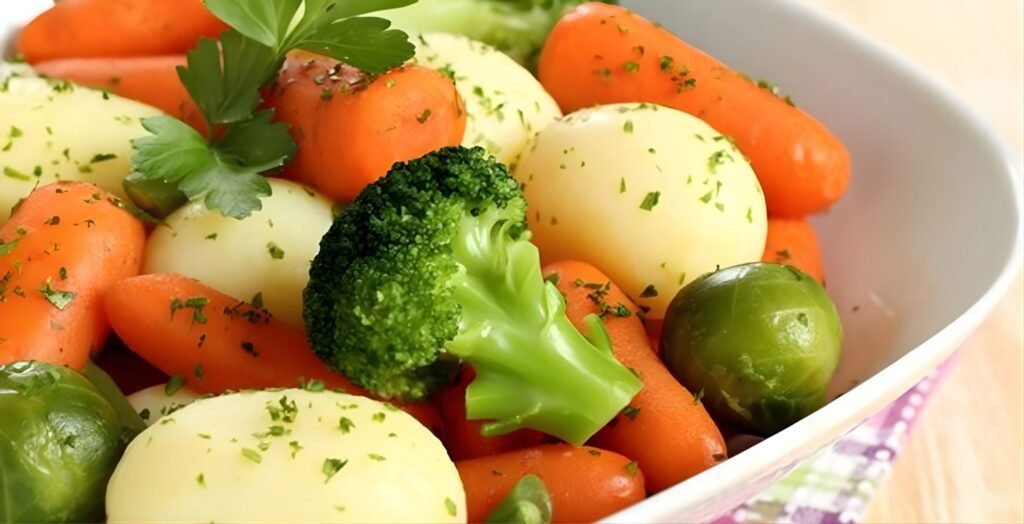In recent years, the boiled vegetables diet has gained popularity as a simple as well as effective way to improve health and also promote weight loss. Boiled vegetables are an excellent source of essential nutrients and offer numerous health benefits.
This guide explores the benefits of incorporating boiled vegetables into your diet, provides tips for preparing and consuming them, and offers a variety of recipes to help you get started.
Benefits of Boiled Vegetables and Boiled Food
1. Safer to eat

Boiling vegetables is one of the safest cooking methods as it effectively kills harmful bacteria and parasites that may be present on the surface of raw vegetables.
Pathogens like E. coli, Salmonella, and Listeria can contaminate raw vegetables, posing a risk of foodborne illness.
However, boiling vegetables at high temperatures for a sufficient amount of time destroys these pathogens, reducing the risk of food poisoning.
Boiled vegetables emerge as an exceptionally secure choice, especially suitable for individuals with weakened immune systems, expectant mothers, young children, and the elderly.
These groups are notably more vulnerable to foodborne illnesses, thus opting for boiled vegetables mitigates such risks effectively.
By choosing boiled vegetables over raw ones, you can enjoy the nutritional benefits of vegetables without worrying about food safety concerns.
2. Helps Prevent Acidity

Individuals those who are susceptible to acid reflux or other digestive discomforts may find that consuming raw vegetables can occasionally worsen symptoms.
This is often attributed to their high fiber content and tough texture, which can be challenging for the digestive system to process.
Boiling vegetables softens their texture and breaks down their fiber, making them easier to digest.
Additionally, the cooking process can neutralize certain compounds in vegetables that may trigger acid reflux, such as acidic enzymes and insoluble fibers.
By opting for boiled vegetables instead of raw ones, individuals with sensitive stomachs can still reap the nutritional benefits of vegetables without experiencing discomfort or exacerbating their digestive symptoms.
3. Enhances the Number of Antioxidants
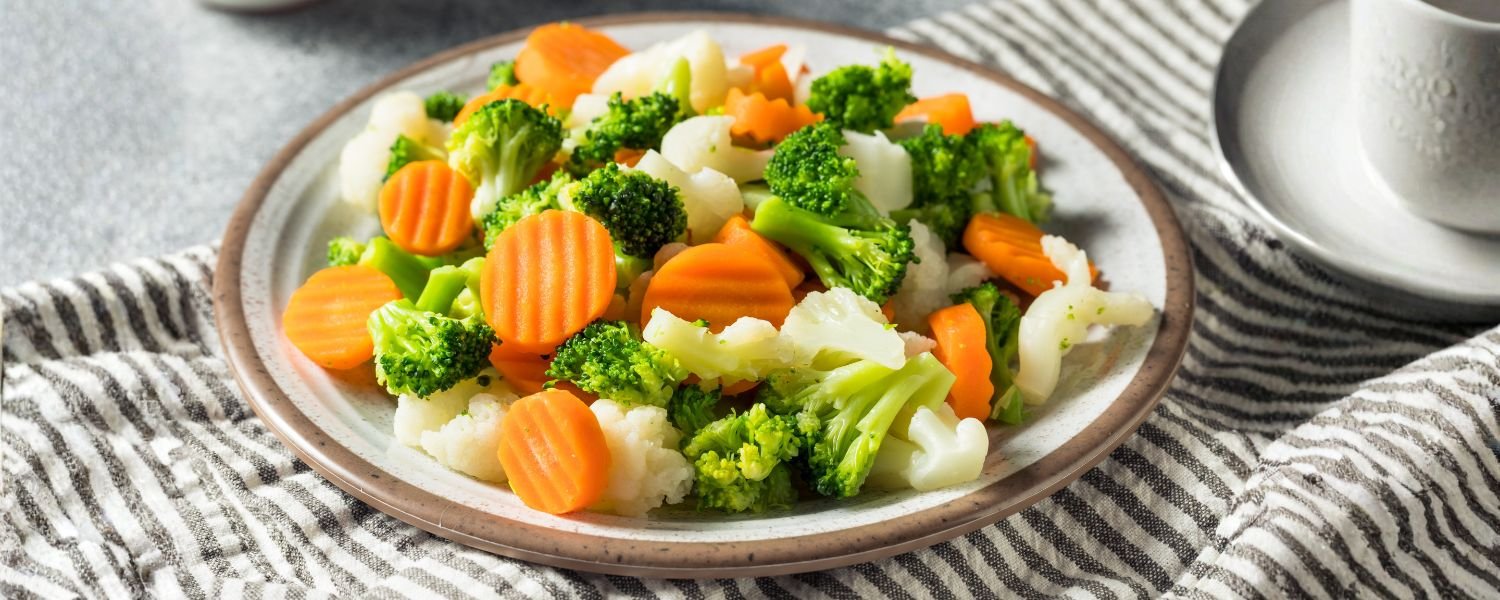
Boiling vegetables helps retain water-soluble antioxidants, such as vitamin C, vitamin B complex, and polyphenols, crucial for counteracting oxidative stress and inflammation within the body.
While some antioxidants may be lost during the cooking process, boiling is generally a gentle cooking method that preserves the nutritional integrity of vegetables.
Indeed, specific antioxidants actually increase in bioavailability following the cooking process.
This occurs because heat disrupts cell walls, facilitating the release of nutrients previously confined within plant cells.
By regularly consuming boiled vegetables as part of a balanced diet, you can increase your intake of antioxidants and support your body’s natural defense mechanisms against free radicals and oxidative damage.
4. Keeps Skin Healthy

Boiled vegetables, rich in water content, play a pivotal role in maintaining skin hydration, contributing to a radiant and healthy complexion.
Conversely, dehydration may result in parched and lackluster skin, and a deficiency in consuming water-rich foods, such as vegetables, can worsen this predicament.
Incorporating boiled vegetables into your diet can boost your hydration levels and support skin health from the inside out.
Furthermore, the vitamins and minerals present in vegetables, including vitamin A, vitamin C, and zinc, are crucial for preserving skin integrity, fostering collagen synthesis, and shielding against UV damage.
As a result, regular consumption of boiled vegetables can contribute to smoother, clearer, and more radiant skin, enhancing your overall appearance and confidence.
5. Helps Prevent the Formation of Kidney Stones
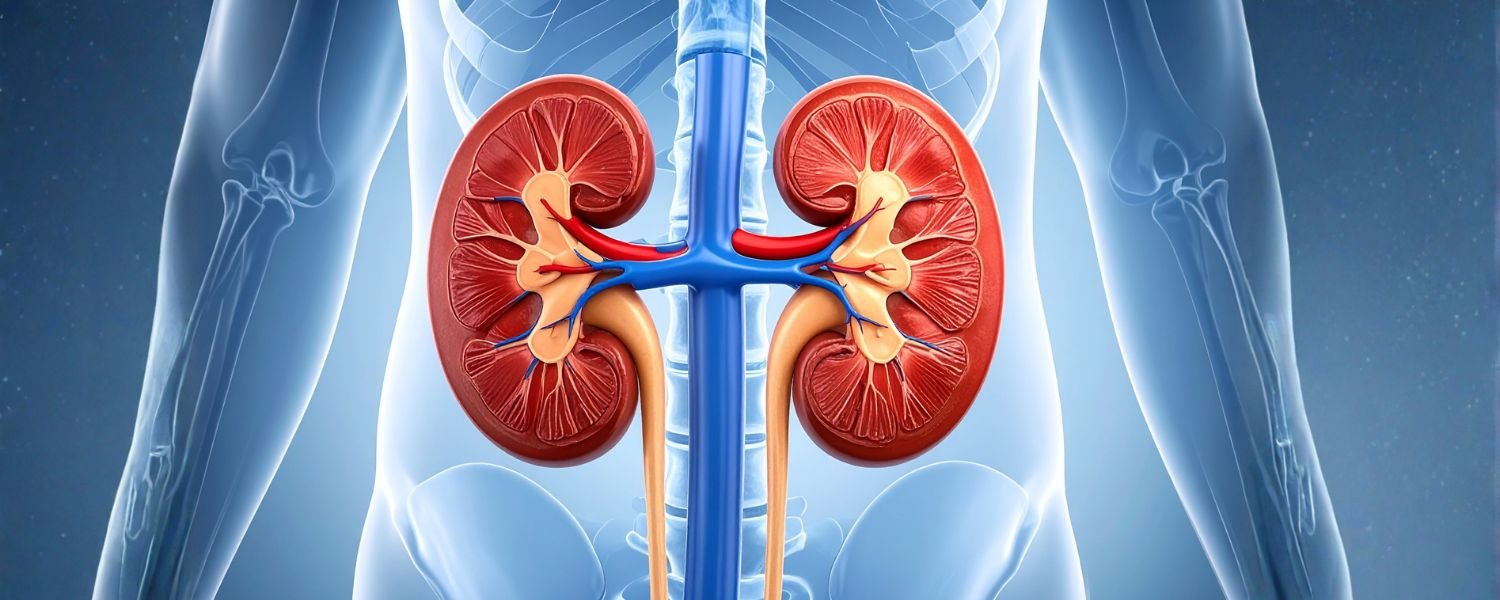
Boiled vegetables generally have minimal oxalate content, which are substances recognized for their potential to contribute to the development of kidney stones, particularly in individuals susceptible to such conditions.
Oxalates are naturally found in many plant foods, including leafy greens, nuts, and certain vegetables.While some cooking methods may increase the oxalate content of vegetables, boiling typically has a minimal effect on oxalate levels.
In fact, boiling vegetables can help leach out some of the oxalates into the cooking water, reducing the overall oxalate content of the dish.
Incorporating boiled vegetables into your diet can help minimize your consumption of dietary oxalates, consequently lowering the likelihood of developing kidney stones.
This painful condition is marked by the accumulation of solid mineral deposits within the kidneys.
6. Good As a Baby Weaning Food

Boiled vegetables are an excellent option for introducing solid foods to infants as they transition from breast milk or formula to more complex foods.
The soft texture and mild flavor of boiled vegetables make them easy for babies to chew and swallow, reducing the risk of choking and digestive discomfort.
Moreover, cooked vegetables boast a wealth of vital nutrients, encompassing essential vitamins, minerals, and dietary fiber.
These nutrients play very important role in fostering robust growth and development in infancy. By pureeing or mashing boiled vegetables into smooth, baby-friendly textures, parents can provide their infants with a nutritious and wholesome introduction to solid foods.
Popular choices for baby weaning include boiled sweet potatoes, carrots, peas, and squash, packed with vitamins and minerals essential for infant nutrition.
7. Good for Alleviating Stomach Inflammation

Boiled vegetables are gentle on the stomach and can help alleviate symptoms of inflammation and discomfort associated with conditions such as gastritis, ulcers, and irritable bowel syndrome (IBS).
Unlike raw vegetables, which may be difficult for some individuals to digest due to their tough fibers and indigestible compounds, boiled vegetables are soft and easily broken down during digestion.
This can provide relief for people experiencing gastrointestinal distress or sensitivity, allowing them to enjoy the nutritional benefits of vegetables without aggravating their symptoms.
Moreover, the gentle boiling process aids in preserving the innate flavors and fragrances of vegetables, rendering them particularly appealing to individuals with delicate stomachs.
By incorporating boiled vegetables into a balanced diet, individuals with stomach inflammation can nourish their bodies with essential nutrients while minimizing digestive discomfort and promoting gastrointestinal health.
8. Saves Time When Cooking

One of the notable advantages of boiling vegetables is its efficiency in saving time during meal preparation.
When contrasted with alternative cooking techniques like roasting or grilling, boiling demands minimal preparation and supervision.
Simply chop the vegetables, add them to boiling water, and let them cook until tender. With this hands-off method, you can concentrate on other activities while the vegetables gently simmer away on the stove.
Additionally, boiling is a relatively quick cooking method, especially for tender vegetables like leafy greens, peas, and beans, which can be ready to serve in just a few minutes.
The efficiency of boiling vegetables makes them an excellent option for individuals or families with hectic schedules seeking convenient yet wholesome meal choices.
9. Variety of Possible Dishes
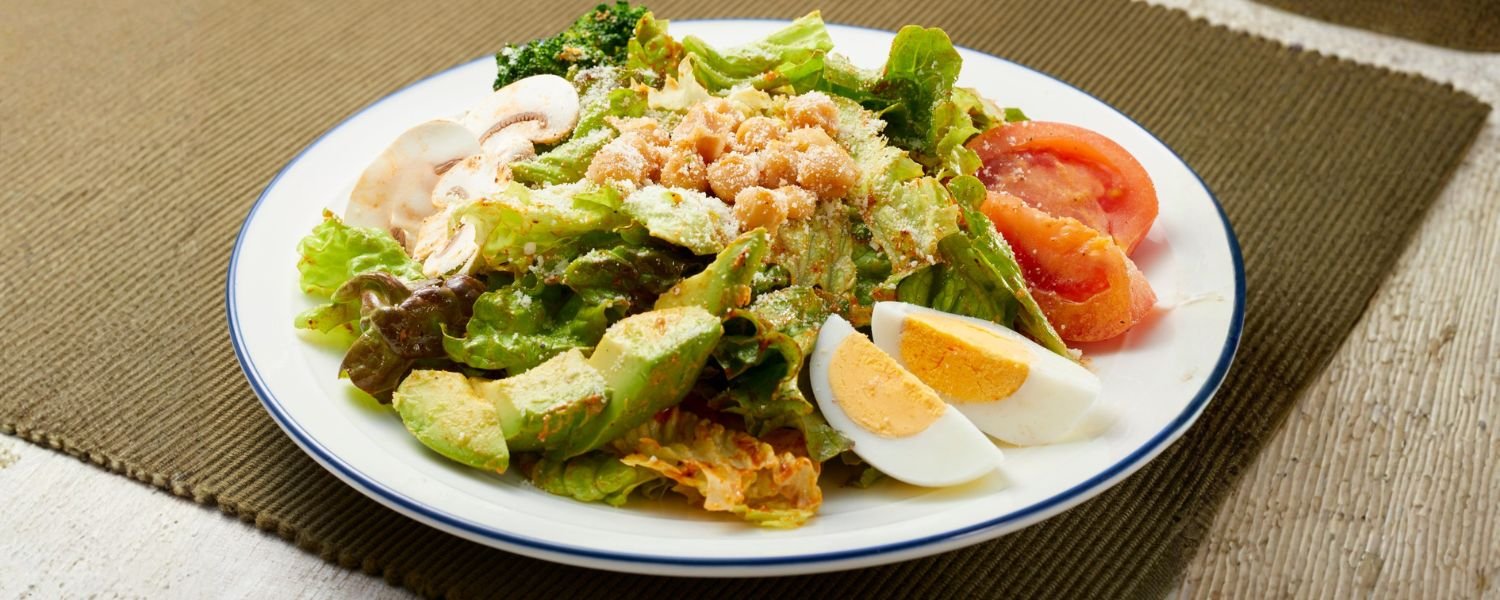
Boiled vegetables offer versatility in the kitchen, allowing you to incorporate them into various dishes to suit your taste preferences and dietary needs.
There are numerous ways to incorporate boiled vegetables into your meals, ranging from hearty soups and stews to refreshing salads and side dishes.
By mixing and matching various vegetables, herbs, spices, and sauces, you can create a wide array of flavorful and satisfying dishes tailored to your taste preferences.
Whether you prefer simple and straightforward preparations or more elaborate and adventurous recipes, boiled vegetables provide a blank canvas for culinary creativity.
Additionally, boiled vegetables can be easily combined with other ingredients such as grains, proteins, and dairy products to create balanced and nutritious meals that satisfy your hunger and nourish your body.
10. Easy to Prepare
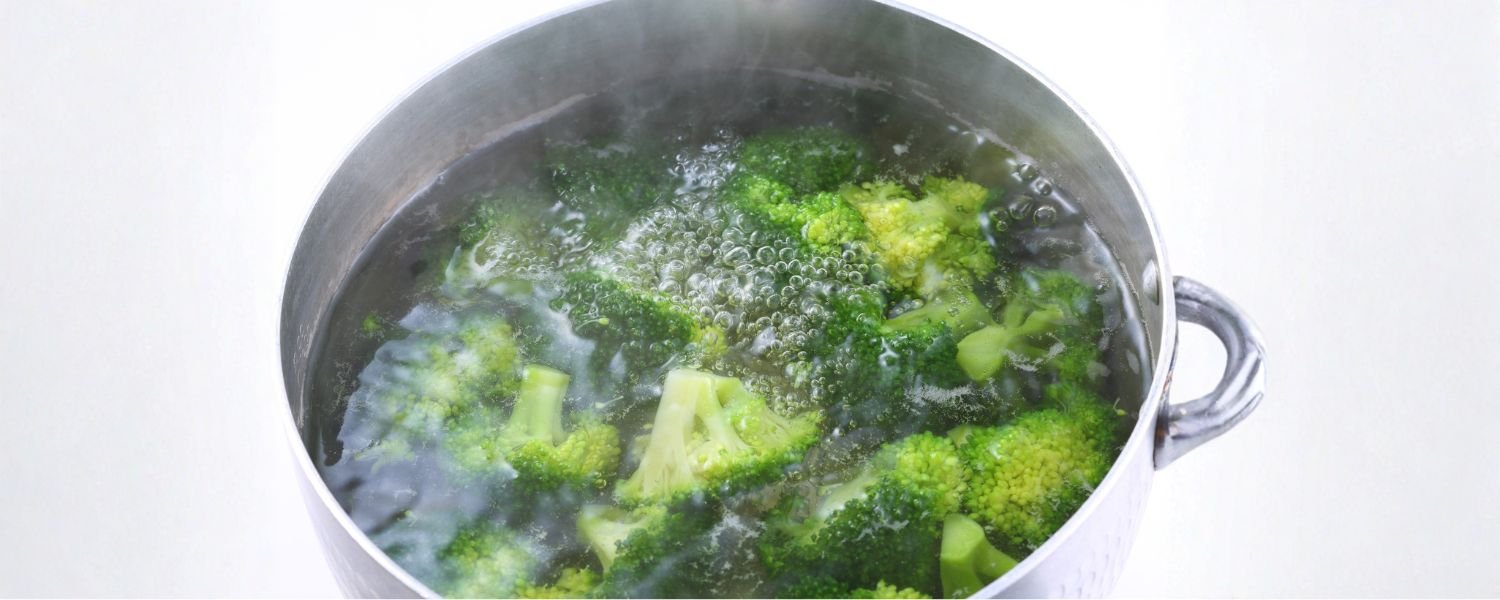
One of the greatest advantages of boiling vegetables is its simplicity and accessibility, making it an ideal cooking method for individuals of all culinary skill levels.
Unlike more complex cooking techniques that require specialized equipment or advanced culinary knowledge, boiling requires minimal equipment and can be mastered with basic cooking skills.
All you need is a pot, water, and the vegetables of your choice to get started.
Boiling vegetables is straightforward and forgiving, making it difficult to overcook or undercook them.
Even novice cooks can achieve perfectly tender and flavorful boiled vegetables with minimal effort.
This ease of preparation makes boiled vegetables a practical and convenient option for incorporating more plant-based foods into your diet without the need for extensive cooking expertise or time-consuming meal planning.
Additional Information and Recipes
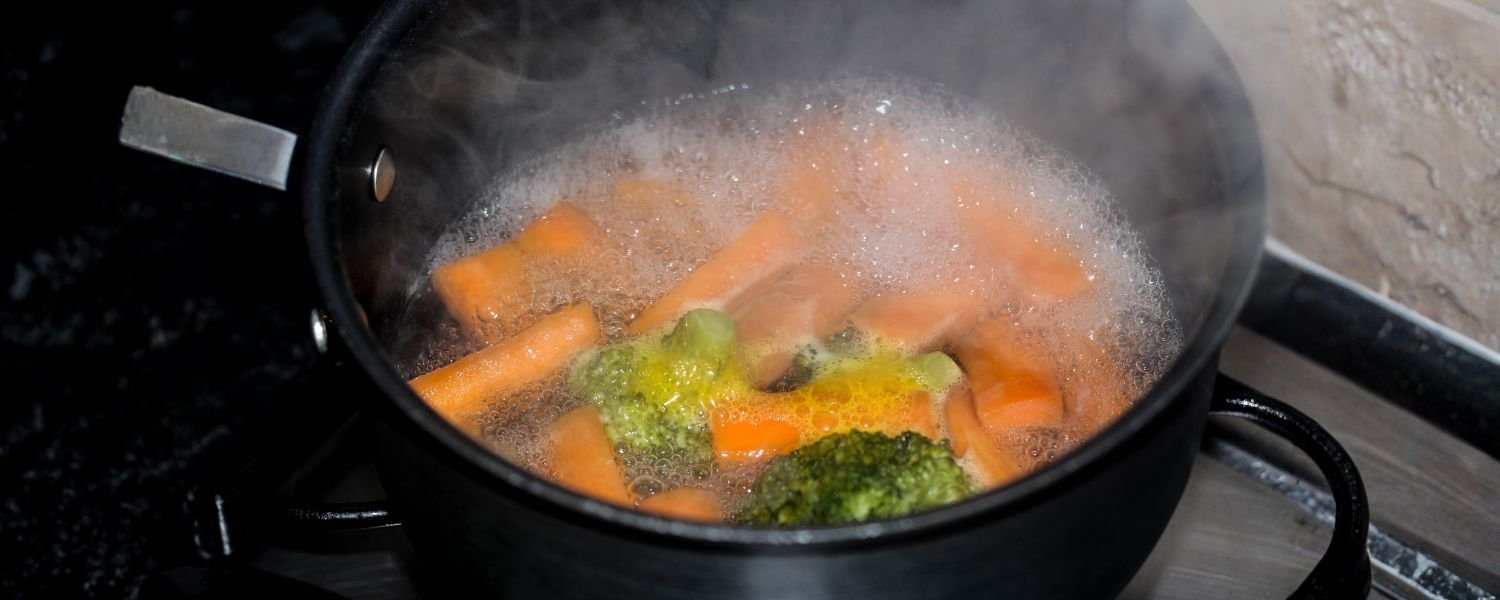
Incorporating boiled vegetables into your diet doesn’t have to be boring or repetitive.
There are numerous ways to relish these nutritious ingredients while delighting your taste buds.
Here are some additional tips and recipes to help you make the most of the boiled vegetables diet:
1. Spice it Up: Add flavor to your boiled vegetables with herbs, spices, and condiments. Try sprinkling chopped fresh herbs like parsley, cilantro, or dill over your boiled vegetables for a burst of freshness.
Feel free to explore an array of spice blends like curry powder, cumin, or chili flakes to infuse your dishes with layers of depth and complexity.
2. Create Colorful Salads: Boiled vegetables make a fantastic addition to salads, adding texture, flavor, and nutrition.
Mix together boiled vegetables such as beets, carrots, and green beans along with leafy greens, nuts, seeds, and a zesty vinaigrette to create a vibrant and fulfilling salad.
3. Make Nourishing Soups: Boiled vegetables are the perfect base for hearty and nutritious soups. Simply puree boiled vegetables like potatoes, carrots, and squash with broth, herbs, and spices to create a creamy and comforting soup. You can also add cooked grains like rice or quinoa for added texture and substance.
4. Serve as Side Dishes: Boiled vegetables make excellent side dishes for any meal. Serve them alongside grilled chicken, fish, or tofu for a complete and balanced meal.
For a simple and delightful accompaniment, contemplate tossing the boiled vegetables with a mixture of olive oil, minced garlic,as well as freshly squeezed lemon juice.
5. Incorporate into Stir-Fries: Add boiled vegetables to stir-fries for a quick and easy meal packed with flavor and nutrition.
You can easily stir-fry boiled vegetables with your preferred protein, whether it’s tofu, chicken, or shrimp. Just toss them together in a pan with garlic, ginger, as well as sesame oil, for a delicious and fulfilling dish.
Recipes
1. Mediterranean Boiled Vegetable Salad
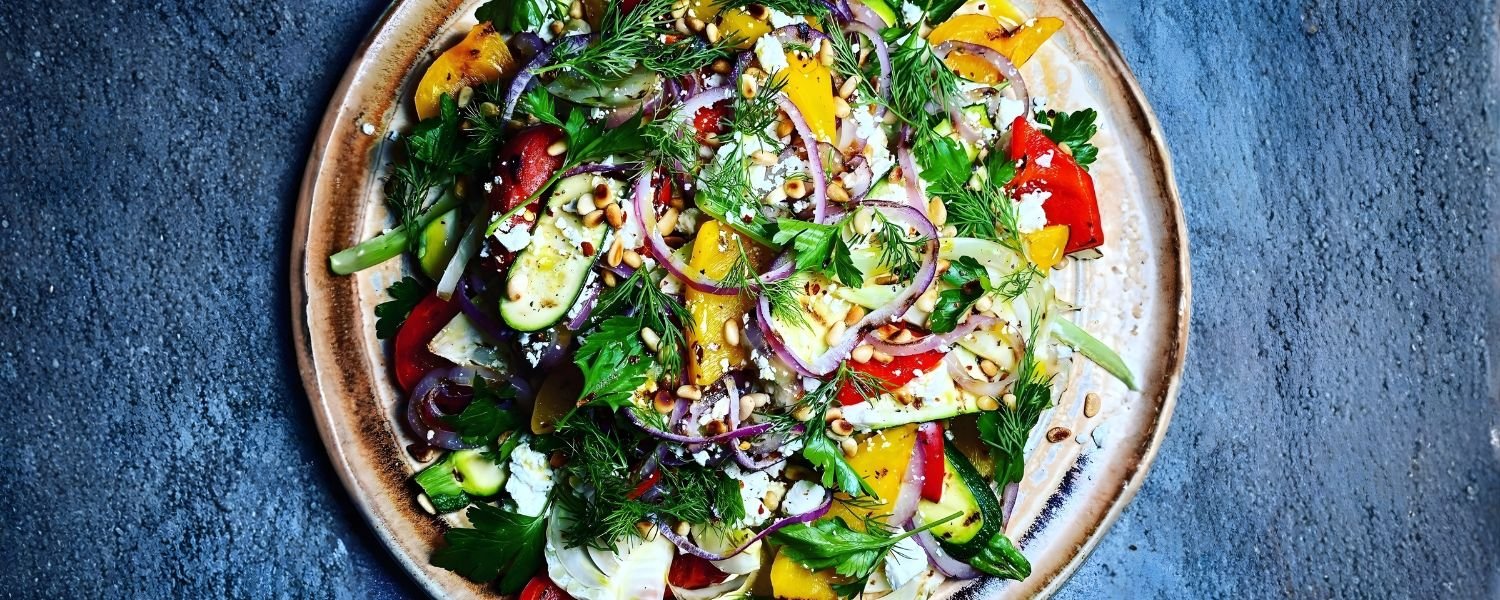
Ingredients
- 2 cups mixed boiled vegetables (such as carrots, cauliflower, broccoli, and bell peppers)
- 1/4 cup chopped fresh parsley
- 2 tablespoons chopped fresh mint
- 1/4 cup crumbled feta cheese
- 2 tablespoons extra virgin olive oil
- 1 tablespoon lemon juice
- Salt and pepper to taste
Instructions
A. In a large bowl, combine the boiled vegetables, parsley, mint, and feta cheese.
B. Pour the olive oil and lemon juice gently onto the salad, ensuring even coverage, then toss thoroughly to coat every ingredient evenly.
C. Season with salt and pepper to taste.
2. Creamy Potato and Leek Soup
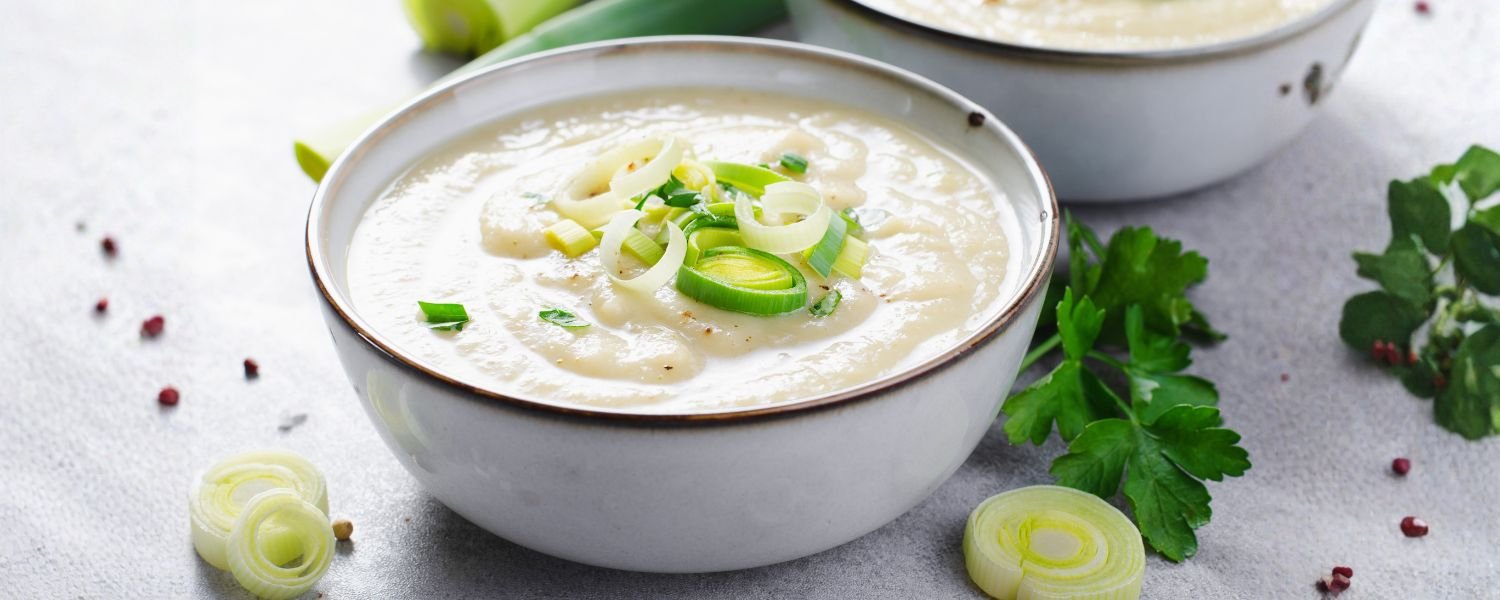
Ingredients
- 4 cups boiled potatoes, diced
- 2 cups boiled leeks, sliced
- 4 cups vegetable broth
- 1 cup unsweetened almond milk
- 2 cloves garlic, minced
- 1 teaspoon dried thyme
- Salt and pepper to taste
- Chopped fresh chives for garnish
Instructions
A. In a large pot, combine the boiled potatoes, boiled leeks, vegetable broth, almond milk, garlic, and thyme.
B. Let the soup gently simmer on medium heat until the vegetables are cooked to your preferred level of tenderness, usually for about 10 to 15 minutes.
C. Use a blender to puree the soup until it achieve a smooth and creamy texture.
D. Season with salt and pepper to taste.
E. Scoop the soup into bowls and sprinkle with freshly chopped chives just before serving.
Conclusion
In conclusion, the boiled vegetables diet offers a simple as well as effective way to improve your health and well-being.
By incorporating boiled vegetables into your diet, you can enjoy various health benefits, including improved digestion, enhanced skin health, and reduced risk of chronic diseases.
Whether you’re looking to lose weight, improve your overall health, or simply enjoy delicious and nutritious meals, the boiled vegetables diet is a great choice.
Start incorporating more boiled vegetables into your diet today and experience the many benefits they offer.
For more health-related blogs, subscribe to us now!
FAQ
Q: What are some examples of boiled vegetables that can be included in the diet?
A: Some examples of boiled vegetables include broccoli, carrots, cauliflower, green beans, and potatoes.
These vegetables can be cooked until tender and seasoned to taste.
Q: What is the best time to eat boiled vegetables?
A: Boiled vegetables can be eaten at any time of day, but many people find them to be particularly satisfying as part of a light and healthy dinner.
Q: Are there any disadvantages to eating boiled vegetables?
A: While boiled vegetables are generally healthy, they may lose some of their nutritional value during the cooking process.
Additionally, some people may find them less flavorful than raw or roasted vegetables.
Q: Can boiled vegetables be reheated?
A: Bored vegetables can be reheated in the microwave or stove.
However, they may lose some of their texture and flavor when reheated, so it’s best to eat them fresh whenever possible.
